PEOPLE
An Earth Scientist's Urgent Mission Takes Shape at Rutgers
Robert Kopp builds a multidisciplinary response to climate change
 JOHN CHADWICK/RUTGERS TODAY–Back in his student days, Robert Kopp was fascinated with astrobiology, a field that poses big questions about life on other planets.
JOHN CHADWICK/RUTGERS TODAY–Back in his student days, Robert Kopp was fascinated with astrobiology, a field that poses big questions about life on other planets.
But he increasingly found himself drawn to questions about life on this planet. Unsettling questions, like: Are humans reshaping climate in a way that could be catastrophic for civilization?
“I became interested in the Earth and how it evolved over time,” says the 32-year-old professor of earth and planetary sciences in the School of Arts and Sciences. “And it became clear to me that as a society we have critical challenges to deal with.”
One of Kopp’s principal research interests involves analyzing historical patterns of sea-level change to improve projections of future shifts. Last year he and several other geoscientists at Rutgers and Tufts universities warned that the sea-level rise will likely cause storms to bring historically unprecedented flooding to the Jersey Shore by the middle of the 21st century.
But Kopp’s engagement with climate change transcends any single area of study. He has become an influential public scholar, bringing together scientists from different fields, advising government officials on policy, and, in general, building a unified, multi-disciplinary response to climate change.
His determination to share knowledge beyond traditional academic audiences helped him get selected as a 2015 Leopold Leadership Fellow in the Stanford Woods Institute for the Environment at Stanford University. He and 19 other mid-career academic environmental scientists will join a network of past fellows and program advisers who work with academic, business, government and nonprofit leaders to solve society’s pressing environmental and sustainability challenges.
He approaches his roles – whether as teacher, researcher, or policy adviser – with a strong sense of mission.
“Humanity has become one of the most powerful geological forces on the planet,” Kopp says. “We have to develop the decision-making capabilities appropriate for a planetary civilization, or we are going to end up making life unpleasant for ourselves and potentially untenable for our grandchildren.”
He recently served as lead scientist for the technical report underlying the Risky Business project organized by former New York City Mayor Michael R. Bloomberg, former U.S. treasury secretary Henry Paulson, and the philanthropist and former hedge fund manager Tom Steyer.
The report drew widespread media coverage with its prediction that unmitigated climate change would have a devastating impact on America’s economy, including large scale loss of coastal property, reduced labor productivity, and shifting crop yields and agricultural patterns.
For Kopp, one of the important parts of the experience was working alongside economists. Prior to coming to Rutgers, he was involved in similar collaborative efforts, including a stint as a fellow in the U.S. Department of Energy.
“What I learned in government is that science is just one of many inputs into policy making,” he said. “Learning how to talk to social scientists is an important part of getting science to inform policy.”
It’s no surprise Kopp is involved in policy. His mother is a former Maryland legislator and the current state treasurer. His father served for years as an attorney in the U.S. Department of Justice.
“I was raised in an environment saturated in policy discussions,” the Bethesda, Maryland, native says. “I grew up constantly thinking about national policy issues.”
At Rutgers, his course, “Building and Maintaining a Habitable Planet,” draws a broad cross-section of undergraduates with its examination of climate issues.
And as associate director of the Rutgers Energy Institute, he helps integrate the university’s expertise in science, engineering, economics, and public policy toward the goal of decarbonizing the global energy system. The abundance of scholars at Rutgers offers hope for the future, he said.
“You have a couple dozen faculty members whose work touches on coastal climate resilience, and dozens of others working on climate and energy systems.” he said. “I am not sure there are many institutions in the world where you have that many scholars stretching the entire research chain, from basic geoscience to urban design.”



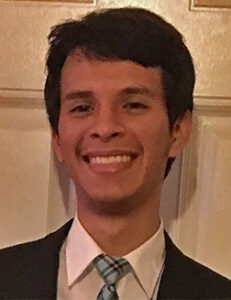 Angel Alguera
Angel Alguera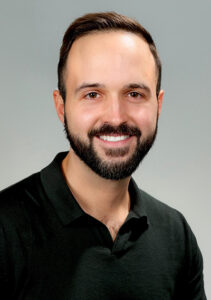 Daniel Gilkeson
Daniel Gilkeson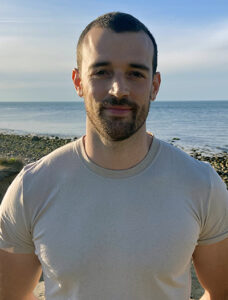 Benjamin Goldberg
Benjamin Goldberg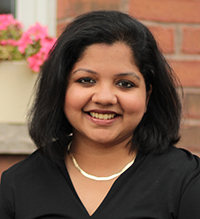 Surya Jacob
Surya Jacob Vineesh Das Kodakkandathil
Vineesh Das Kodakkandathil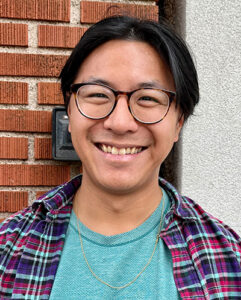 Douglas Leung
Douglas Leung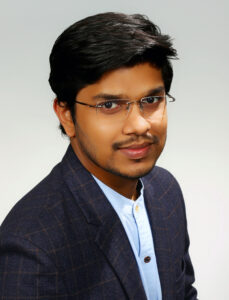 Nihar Mhatre
Nihar Mhatre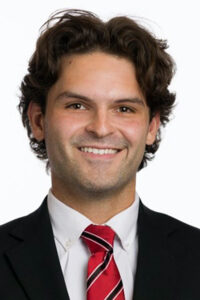 Justin Morris
Justin Morris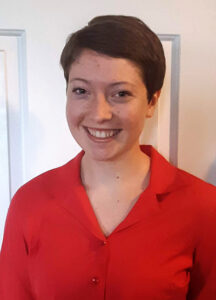 Josephine O’Grady
Josephine O’Grady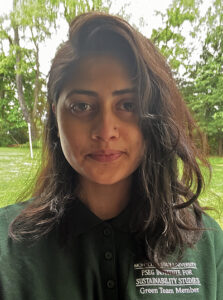 Jessica Parineet
Jessica Parineet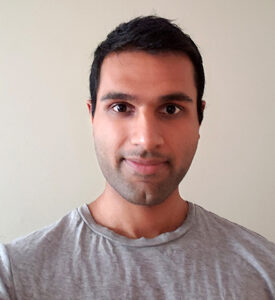 Dillan Patel
Dillan Patel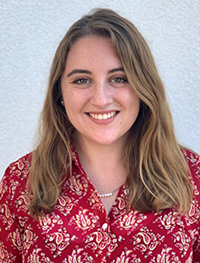 Moira Sweeder
Moira Sweeder